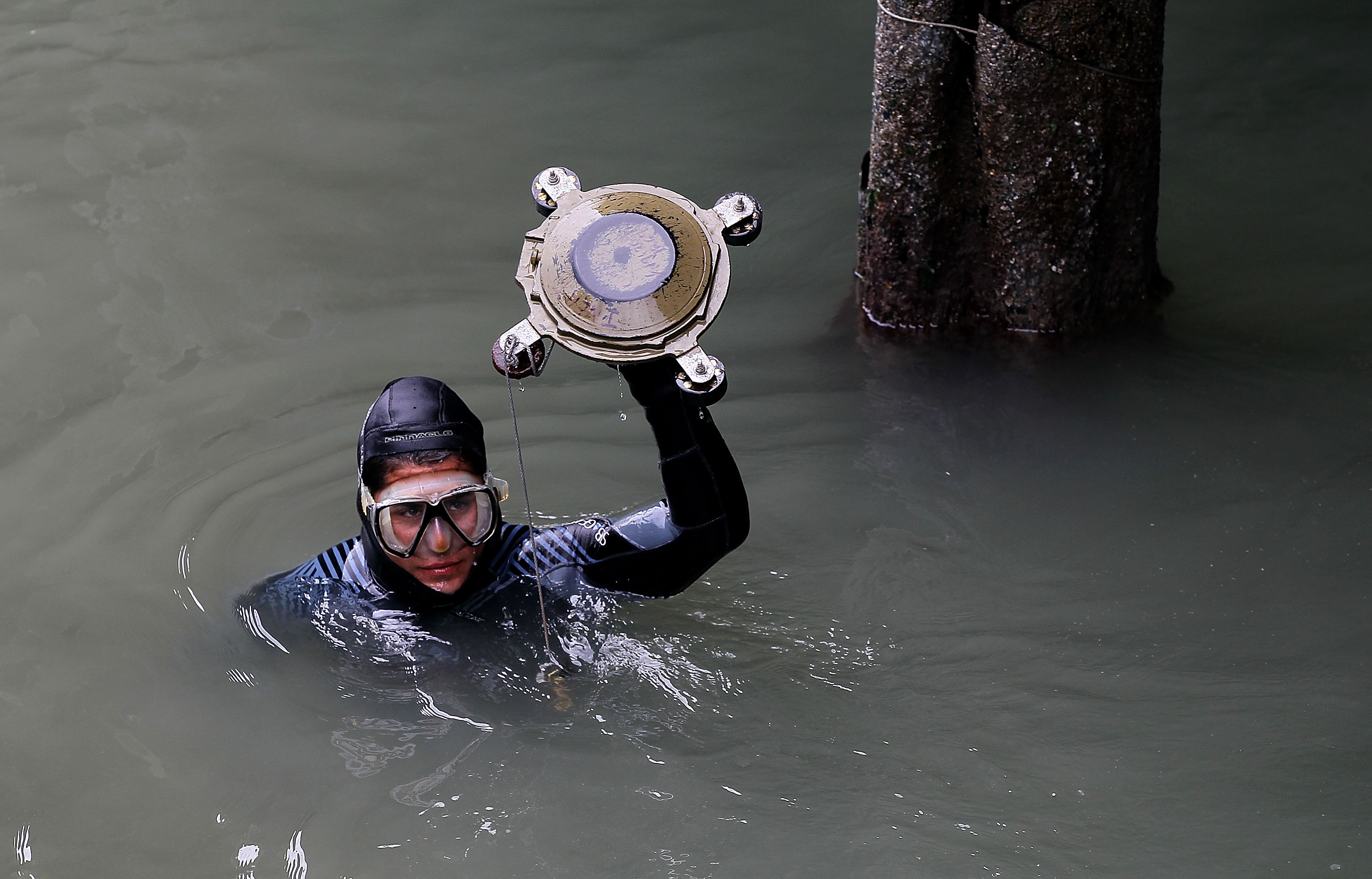5 Ways Social Work Helps Armed Forces

Introduction to Social Work in the Armed Forces

Social work plays a vital role in supporting the mental health and well-being of armed forces personnel and their families. The unique challenges faced by military personnel, including deployment, combat, and separation from loved ones, can have a significant impact on their mental health and relationships. Social workers are essential in providing emotional support, counseling, and connecting military personnel with resources to address these challenges. In this blog post, we will explore the five ways social work helps armed forces personnel and their families.
1. Mental Health Support

Social workers provide confidential counseling services to armed forces personnel, helping them to cope with the stresses of military life, including deployment, combat, and separation from loved ones. Social workers are trained to address a range of mental health issues, including post-traumatic stress disorder (PTSD), depression, and anxiety. By providing a safe and supportive environment, social workers help military personnel to process their emotions and develop coping strategies to manage their mental health.
2. Family Support

Social workers also provide support to the families of armed forces personnel, recognizing that military life can be challenging for loved ones. Social workers offer family counseling services, helping families to cope with the stresses of military life, including separation, deployment, and reunion. Social workers also connect families with resources, such as childcare services and financial assistance, to help them manage the practical challenges of military life.
3. Crisis Intervention

Social workers are trained to respond to crises, such as suicidal ideation, domestic violence, and substance abuse. Social workers provide emergency counseling services, helping military personnel to manage their emotions and develop a plan to keep themselves and others safe. Social workers also connect military personnel with resources, such as emergency housing and medical services, to help them address underlying issues contributing to the crisis.
4. Community Building
Social workers help to build stronger military communities by connecting armed forces personnel and their families with local resources and support services. Social workers organize community events, such as support groups, social activities, and educational workshops, to help military personnel and their families build relationships and connect with others who understand the challenges of military life.
5. Transition Support

Social workers provide support to armed forces personnel as they transition out of the military, helping them to adjust to civilian life. Social workers connect military personnel with resources, such as employment services, education and training programs, and housing assistance, to help them build a stable and secure future. Social workers also provide counseling services, helping military personnel to manage the emotional challenges of transition, including identity loss and cultural adjustment.
💡 Note: Social workers play a critical role in supporting the mental health and well-being of armed forces personnel and their families. By providing emotional support, counseling, and connecting military personnel with resources, social workers help to build stronger, more resilient military communities.
In summary, social work plays a vital role in supporting the mental health and well-being of armed forces personnel and their families. By providing mental health support, family support, crisis intervention, community building, and transition support, social workers help military personnel to cope with the unique challenges of military life. As we reflect on the importance of social work in the armed forces, it is clear that social workers are essential in helping military personnel and their families to build stronger, more resilient communities.
What is the role of social workers in the armed forces?

+
Social workers provide emotional support, counseling, and connect military personnel with resources to address the unique challenges of military life.
What types of mental health issues do social workers address in the armed forces?

+
Social workers address a range of mental health issues, including post-traumatic stress disorder (PTSD), depression, and anxiety.
How do social workers support the families of armed forces personnel?

+
Social workers provide family counseling services, connect families with resources, and help families to cope with the stresses of military life.



